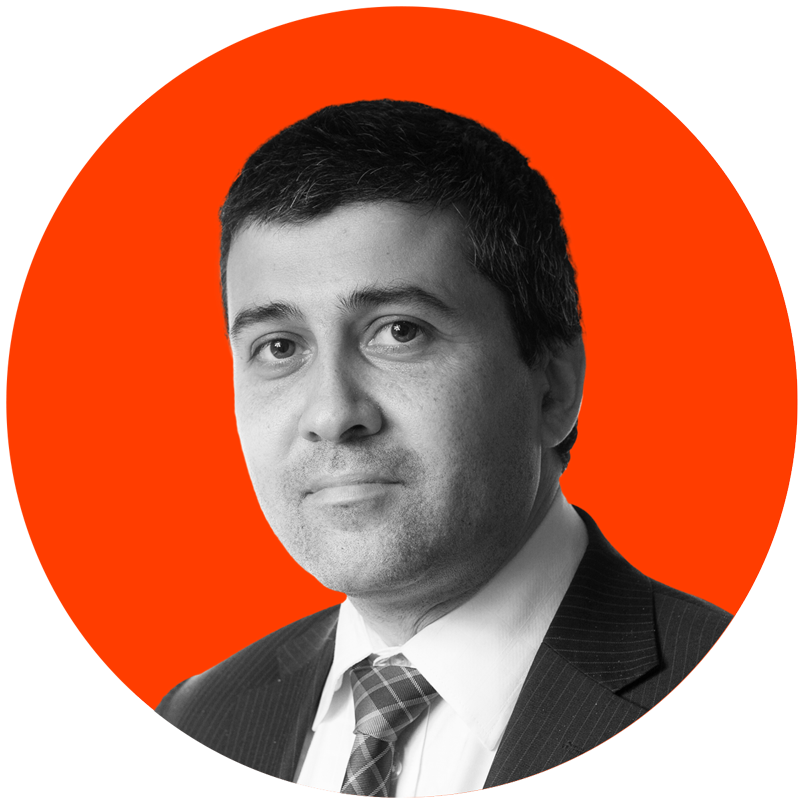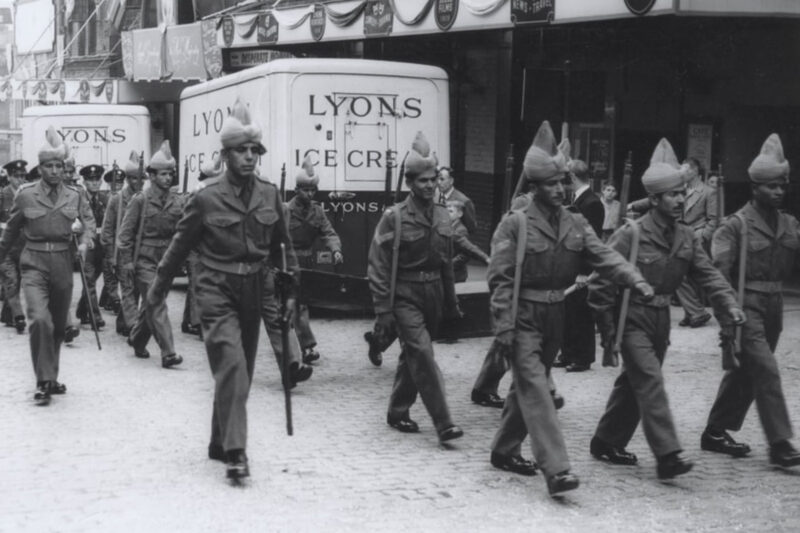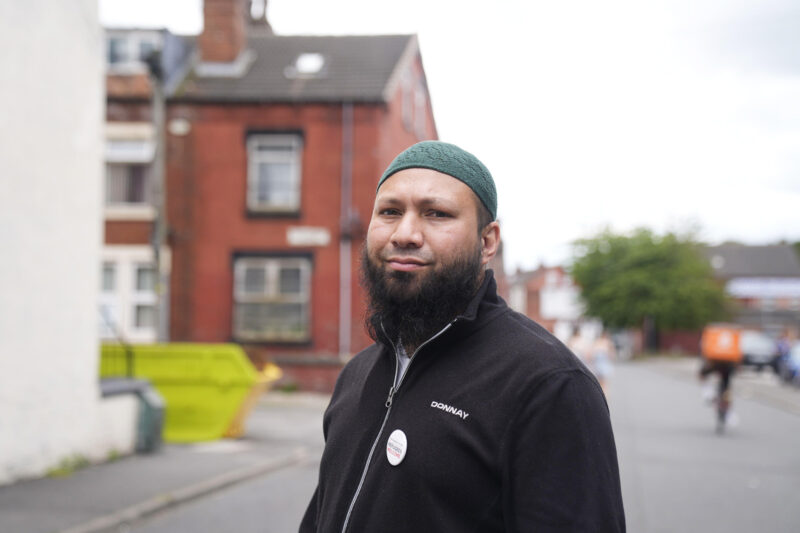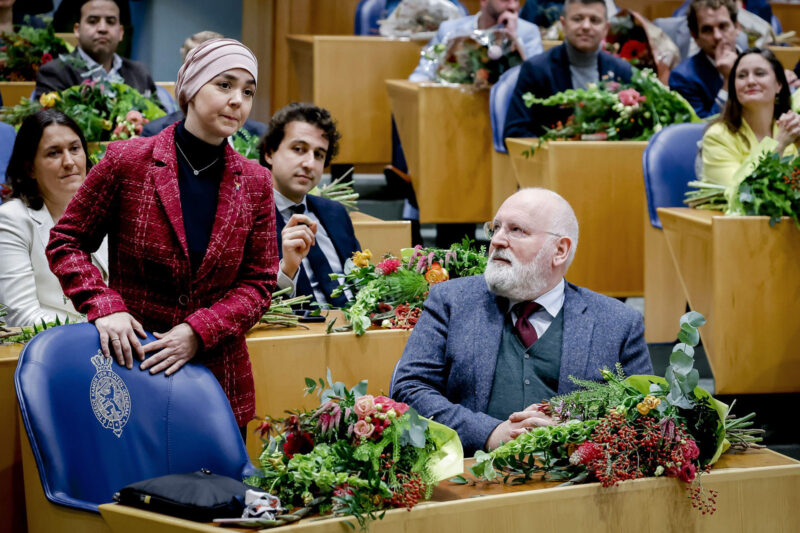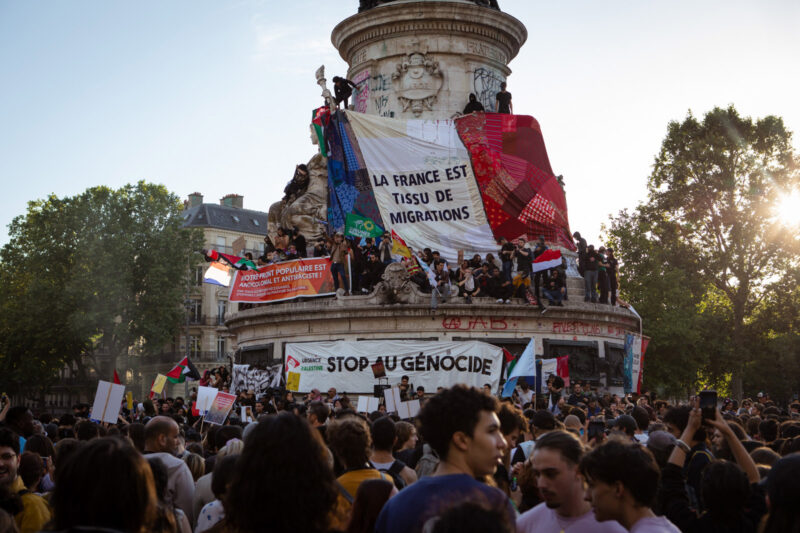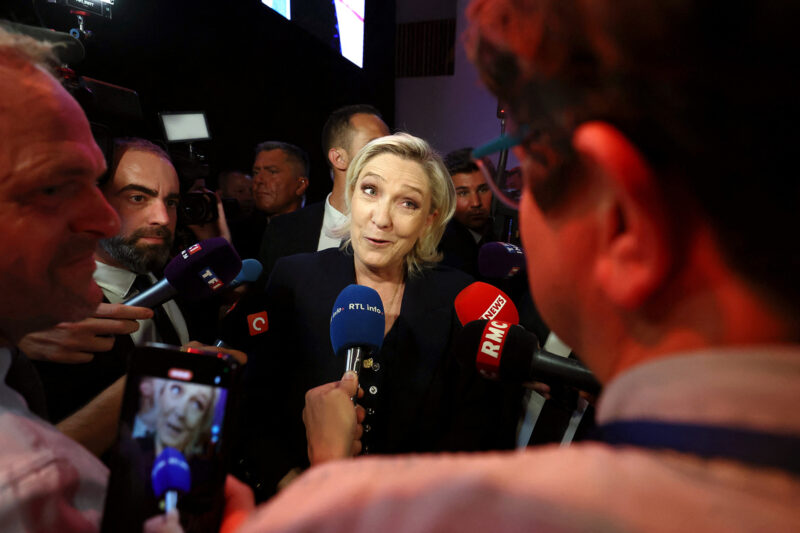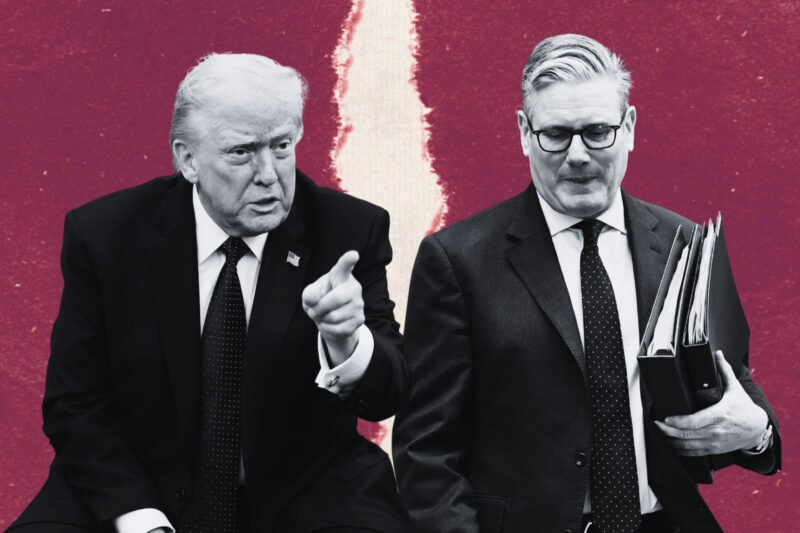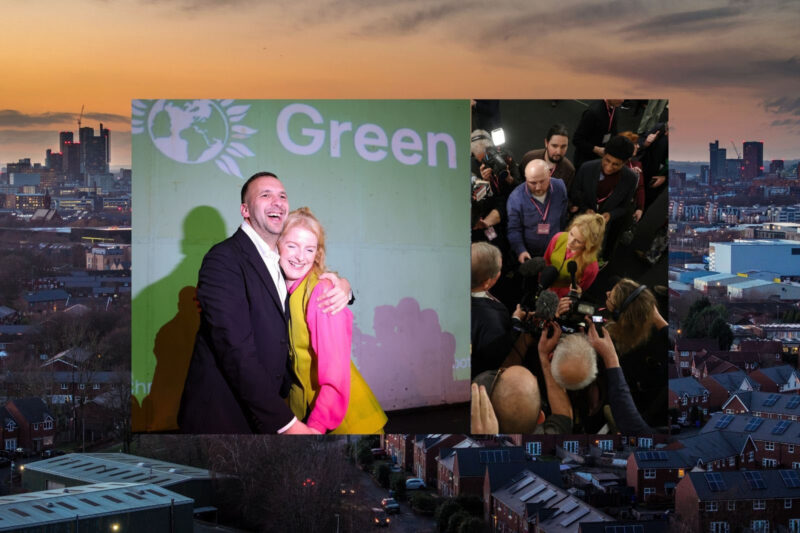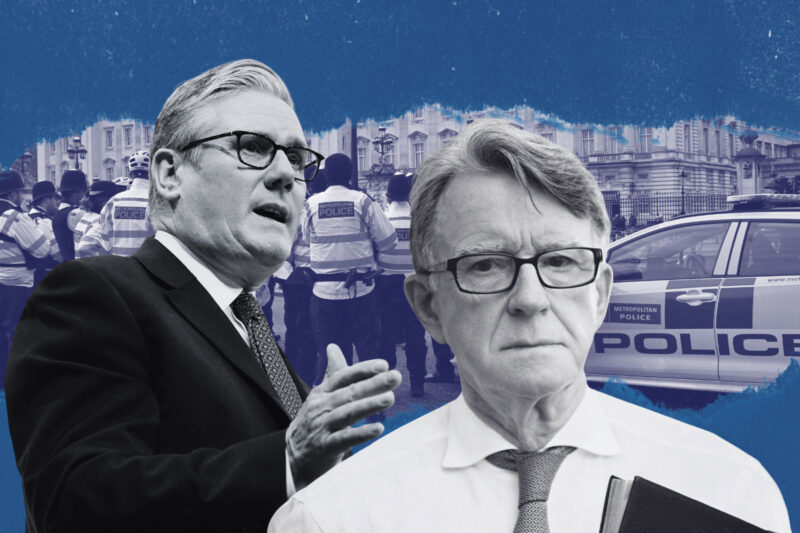Turmoil in France holds lessons for the UK
Political complacency over growing inequality risks undermining Britain’s model of diversity
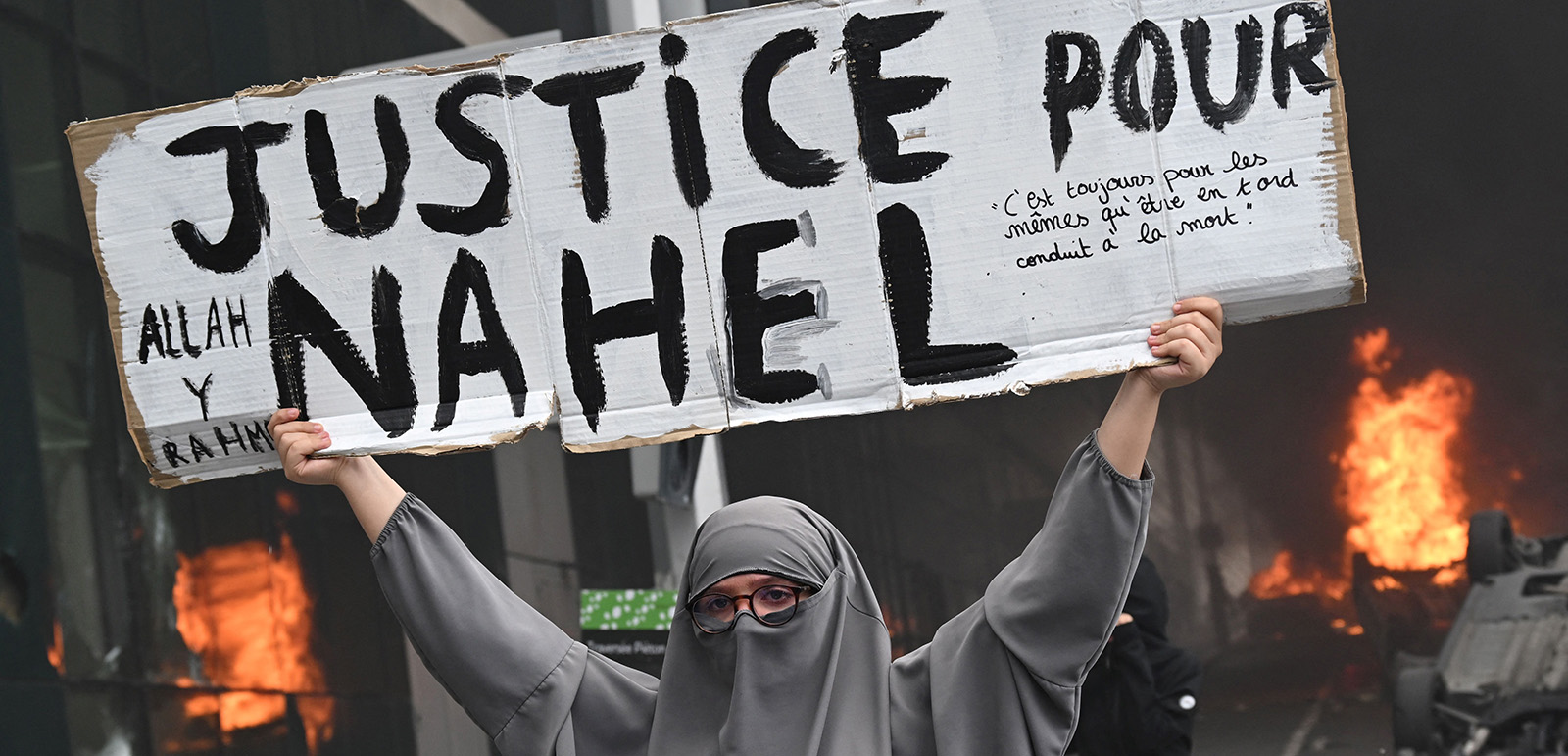
The fatal police shooting of 17-year-old Nahel Merzouk in Paris in June created a storm of protests and rioting across France. The images of looted shops and burning cars went around Europe and the world.
The reaction within French politics and media polarised the country further along both political and ethnic lines. Police unions declared that France was at war with the rioters. As rightwing politicians and pundits demanded an unequivocal focus on law and order, the political left countered, emphasising the country’s long history of police violence, racism and social exclusion, which it believed was driving the worst public disorder since 2005.
“The French police kill four to five times as many people today as in 2010,” wrote Shahin Vallée, a former adviser to President Emmanuel Macron, in the Financial Times.
Vallée’s remarks touch on the crisis now facing policing in France, which places far less emphasis on traditions of “policing by consent” and the public legitimacy of the state than most other western European countries. Beyond their use of force, French police have often been criticised for a lack of civic engagement, particularly within poor immigrant communities. Meanwhile, the Défenseur des Droits, the nation’s human rights watchdog, responsible for overseeing police behaviour and reviewing complaints, has been criticised for its closeness to the government, despite its claims to be an independent body.
The attitude from across the Channel has been to emphasise the contrast between Britain and France. Of course, the UK has its own anxiety-driven debates over the policing of ethnic minorities. British Muslims were often at the sharp end of polarising discourse about integration and assimilation, particularly after the events of 9/11 and 7/7, when it was not uncommon for public figures to question whether Muslim identity was compatible with “British values”.
In France, few public figures talk openly about practising Islam, while those who do are often treated with suspicion by politicians, the media and the wider public
So why have British Muslims not protested in the same way many French Muslims have? One reason may be the disparity between how British Muslims are presented in public life compared with Muslims living in France. In the case of the latter, the primacy placed on maintaining a secular French identity means that few public figures in the country talk openly about practising Islam, while those who do are often treated with suspicion by politicians, the media and the wider public.
Akeela Ahmed, a social entrepreneur who founded the She Speaks We Hear project to amplify the voices of Muslim women on social issues such as sexism, racism and inequality, suggests that disparities in social status may be heightened when the visible differences of Muslims — for example, the hijab — are used for political ends. Since 2011, the wearing of the hijab in French public buildings has been prohibited, and the matter remains a perennial theme in French presidential debates.
While the French hijab ruling may have been intended to discourage uptake, Ahmed, who has been an adviser to the UK government and chaired the anti-Muslim hatred working group, suggests that it may have had the opposite effect, with more Muslim women defending their right to choose and speaking out about why they wear hijabs and niqabs.
Whatever the case, the intensity of the debate has certainly increased feelings of marginalisation and polarisation among French Muslims. In light of such heated public conversation, it makes sense that many Muslims feel distanced, if not excluded, from the national narrative of what it means to be French.
Ahead of the 75th anniversary of the Windrush generation arriving in the UK from the Caribbean to help rebuild the country after the second world war, the thinktank British Future commissioned a study of public attitudes to race and diversity. Remarkably, it showed that 80% of ethnic minority Britons felt life in the UK was, overall, better, compared to in other major democracies such as the United States, France and Germany.
There are major philosophical and practical differences in how different countries approach race. France does not collect ethnic data on residents as a matter of principle that the Republic should not recognise differences between citizens. But there are major practical downsides to that approach. Though UK race reports and audits have been sharply contested, as with the Sewell report two years ago, it is impossible to make a serious effort to tackle disparities if the state chooses not to collect such information.
If those differences in policy approaches to ethnic and faith diversity offer the UK reasonable grounds for comparative confidence, we risk falling into complacency when it comes to understanding the distinct challenges ethnic minorities from poor backgrounds still face.
After all, there is clear evidence that young Asian or black graduates in the UK still face greater hurdles when it comes to building a stable future for themselves. One example of this is in applying for jobs: black and Asian candidates who have identifiably “ethnic” names are less likely to progress through interview stages than their white counterparts.
The knock-on effect of such discrimination is a gap between educational success and persistent disparities in income, housing and wealth. For those young people, facing bleaker long-term prospects than their parents, it will not be reassuring to be told that things are even worse in Brussels or Marseilles, or that their life would be harder if they lived elsewhere in Europe.
Mainstream conservatives in particular often emphasise the progress the UK has made as a diverse society, but struggle to acknowledge the gaps that remain, let alone provide solutions to help those within minority groups who feel disenfranchised from the political process. There is some irony in that position, not least because the insistence on an assimilatory approach — in which immigrants are expected to integrate into British society without adequate external support — appears to have delivered such fractious social relationships in France.
It is natural that those on the progressive left mostly want to focus on urging more change and reform, but that risks appearing dismissive of the significant strides the country has made. Progressives should instead champion the civic campaigning against racism and discrimination that has been essential to forming a cohesive society as a strong foundation from which it can advance further change.
Reflecting on the protests in France highlights the potential for a more constructive use of Britain’s comparative confidence in its vision of diversity, without lapsing into complacency. There are grounds for pride in the UK’s approach to inclusion and integration. They were not achieved by chance, however, but through efforts to reach out to migrant and minority groups over long periods of time.
Maintaining that confidence requires those seeking to govern us to acknowledge the progress that has been made and recognise that greater efforts are required to help minority Britons who face new and different social and economic challenges.
If the UK’s model of ethnic and faith diversity is to thrive for generations to come, we must continue to build bridges that provide access to a secure and inclusive future for all.
 Newsletter
Newsletter

